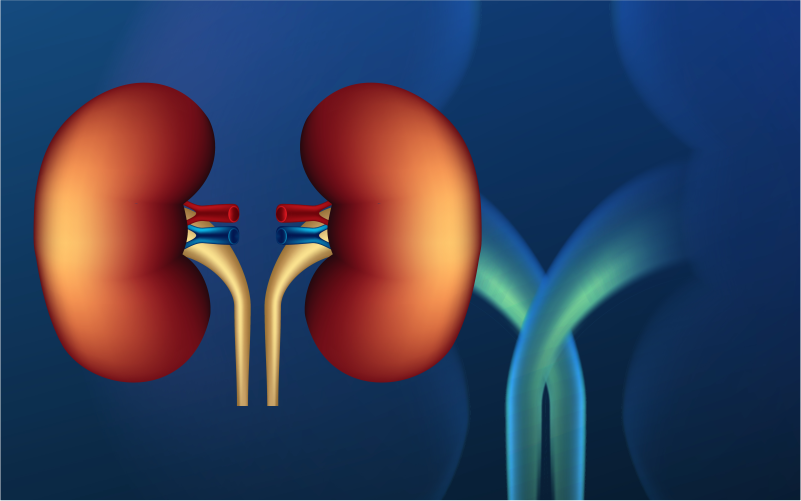Adrenal Disorders
Adrenal disorders refer to conditions that affect the adrenal glands, which are located on top of the kidneys and produce hormones essential for bodily functions. Two common adrenal disorders are Addison’s disease and Cushing’s syndrome.
Here’s an overview of these disorders and their treatments:

Addison’s Disease
Addison’s disease occurs when the adrenal glands don’t produce enough cortisol and sometimes aldosterone. It is usually caused by an autoimmune response, where the body’s immune system mistakenly attacks the adrenal glands. Symptoms may include fatigue, weight loss, low blood pressure, and darkening of the skin. Treatment typically involves hormone replacement therapy, which includes taking oral corticosteroid medications such as hydrocortisone and fludrocortisone. These medications help replace the deficient cortisol and aldosterone, regulating hormone levels in the body.
Cushing’s Syndrome:
Cushing’s syndrome is characterized by excessive production of cortisol, either due to an overactive adrenal gland or prolonged use of corticosteroid medications. Symptoms may include weight gain, round face, high blood pressure, and muscle weakness. Treatment for Cushing’s syndrome depends on the underlying cause:
If it is caused by prolonged corticosteroid use, gradually tapering off or discontinuing the medication may help alleviate symptoms.
If the excessive cortisol production is due to an adrenal tumor or pituitary tumor, surgical removal of the tumor may be necessary.
In cases where surgery is not feasible or unsuccessful, medications may be prescribed to reduce cortisol production or block its effects.
Treatment plans for adrenal disorders are highly individualized, and patients should work closely with their healthcare providers, often endocrinologists, to determine the most appropriate course of action. Regular monitoring of hormone levels, blood pressure, and overall health is essential for managing adrenal disorders effectively. It’s important to adhere to medication schedules, follow lifestyle recommendations, and seek medical advice for any changes in symptoms or concerns.







